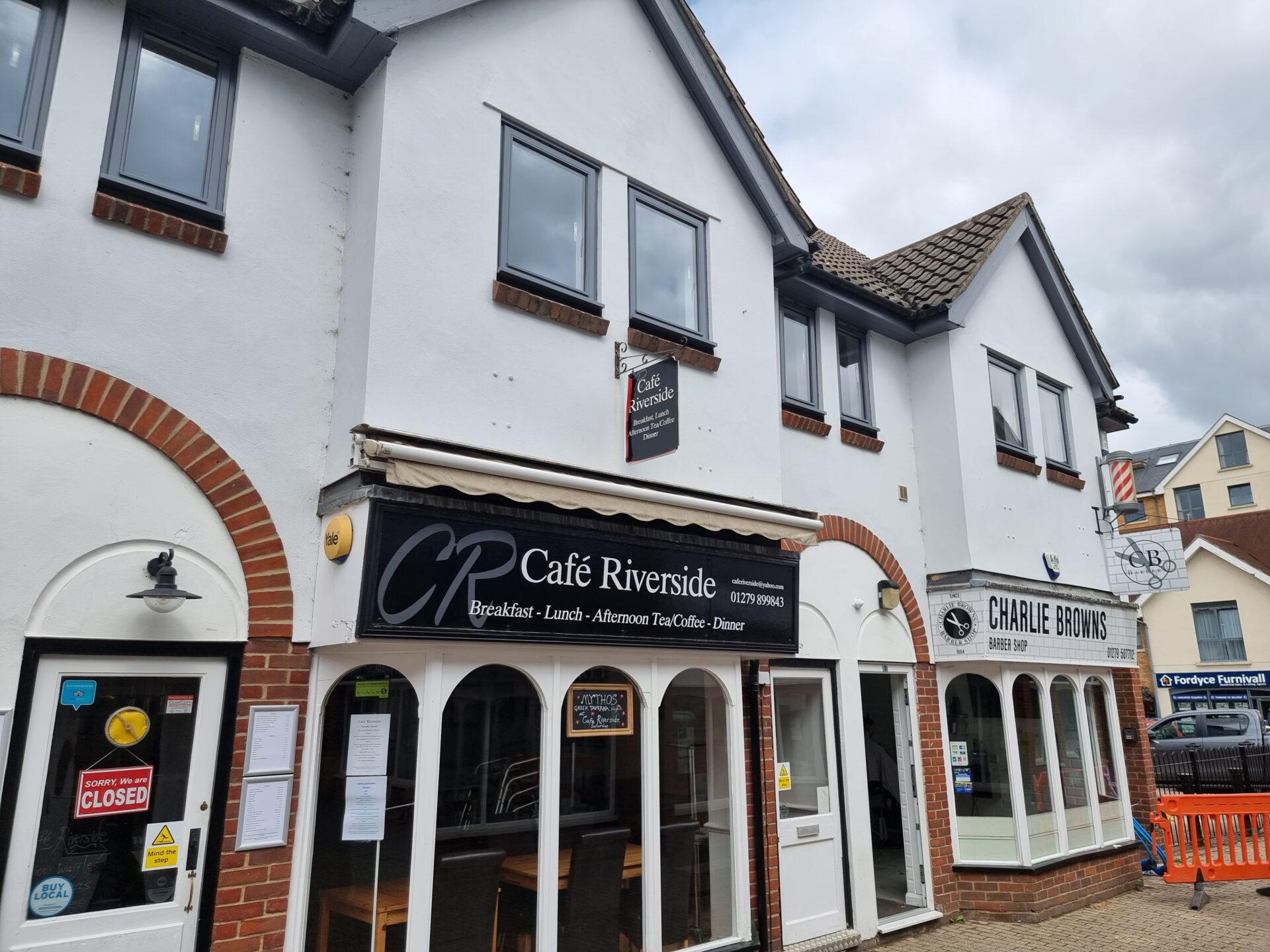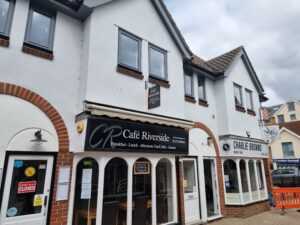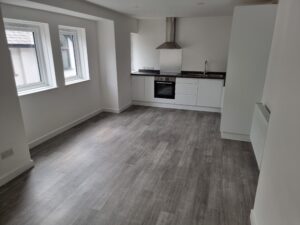
24 August 2023
Commercial to Residential Conversion: What You Need to Know
Posted on August 24, 2023 by edenlondon. Last Updated on June 12, 2025
It may come as no surprise to learn that the supply of new homes in the UK is lower than the UK Government’s aim of 300,000 per year. As reported by the House of Commons Library, Covid-19 played a significant role in disrupting housebuilding, and the number of new builds in 2022/23 remains lower now than it was pre-pandemic. However there has been an increase in property conversions and change of use to existing buildings.
This is confirmed by the most recent National Statistics on Housing Supply, published by the Department for Levelling Up, Housing and Communities, which shows that the number of dwellings that came about from commercial to residential conversions has grown. Added to this is the fact that the government has relaxed the rules when it comes to converting shops and commercial premises to homes in an attempt to streamline the planning process and help solve the housing crisis.
All of this is of course of great interest and importance to property developers looking for new opportunities. However, there are some complexities and important factors to keep in mind before pursuing this avenue of interest. To help, we’ve put together this guide in which we explore everything you need to know about commercial to residential property conversions, including:
- Can commercial property be converted to residential property in the UK?
- What are the benefits to converting commercial property to residential
- What is required for commercial to residential conversions?
We also cover next steps to take. Read on to learn more.

Can commercial property be converted to residential property in the UK?
Short answer, yes. The longer and more detailed answer is that Class MA in Part 3 of Schedule 2 of the Town and Country Planning (General Permitted Development) Order 2021 permits the change of use of Class E buildings to Class C3. But what does this mean?
Class E buildings are built for commercial, business, or service-related purposes. That means they could be any of the following:
The above list is by no means exhaustive. As for Class C3 buildings, they’re defined as dwelling houses – essentially, any type of residential property. So, yes, it is possible to convert commercial property into residential, though there are exceptions where such development is not permitted. These include:
- Listed buildings
- Buildings in Areas of Natural Beauty (AONB) or Sites of Scientific Interest (SSSI)
- Buildings that haven’t been vacant continuously for a minimum of 3 months
- Buildings that are over 1500 square metres
What are the benefits of commercial to residential conversions?
It was recently reported that the demand for London office spaces has slumped owing to changing workers’ behaviour and the UK Government’s move to raise minimum EPC requirements. It’s not a stretch to say that many commercial buildings are coming onto the market for sale, with landowners unable to pay the costs required to increase the energy efficiency ratings of their buildings. With this backdrop, there are 3 major benefits to converting commercial property to residential:
- Commercial property value declined by 13% last year, resulting in a buyer’s market where prices are competitive, and property owners are keen to sell quickly.
- There’s a strong demand for residential properties. This makes commercial properties all the more lucrative, as they are often found in highly sought after locations that are convenient and well-connected.
- Commercial properties can be converted into residential HMOs or Houses of Multiple Occupancy, allowing for multiple tenants, higher rental yields, and an excellent return on investment.
There’s also the fact that over time the value of the property will continue to increase.
What is required for a commercial to residential conversion?
Converting a commercial space into a residential space used to require planning permission. But now, because of Class MA, the conversion of commercial property to residential comes with a new permitted planning development right. However, you must still meet the following conditions:
- You must submit to your local planning authority a prior approval application. This will allow them to assess the impact of the property conversion on neighbours, traffic and highways, etc., and to determine whether the location poses any risks to future residents, such as by way of flooding or contamination.
- You must complete the property conversion within 3 years of the date you receive prior approval.
- Once the property is converted, it must be used solely for its intended purpose.
It’s worth bearing in mind that while the new permitted development right is now in effect, different local planning authorities follow different sets of rules. Your safest course of action is to always check with your local planning authority prior to taking any action, as you might still need to submit a planning application. You can also apply for a Lawful Development Certificate for absolute peace of mind.
Next Steps
If you’re looking for an experienced commercial to residential conversion contractor, consider getting in touch with Eden London. As a principal contractor, we’ve worked on a wide range of construction projects and have a 100% track record for delivering on time and on budget, avoiding unforeseen costs or delays. That includes a commercial to residential fit out in Riverside, Bishop’s Stortford, where we converted unused office space, as a result of Covid-19, into pristine and modern residential flats.

(Exteriors of commercial property prior to conversion.)
|

(Interiors of property after commercial to residential conversion.)
View our case studies to see other projects we’ve worked on, and get in touch with us to learn how we can assist you with your commercial to residential conversion.
